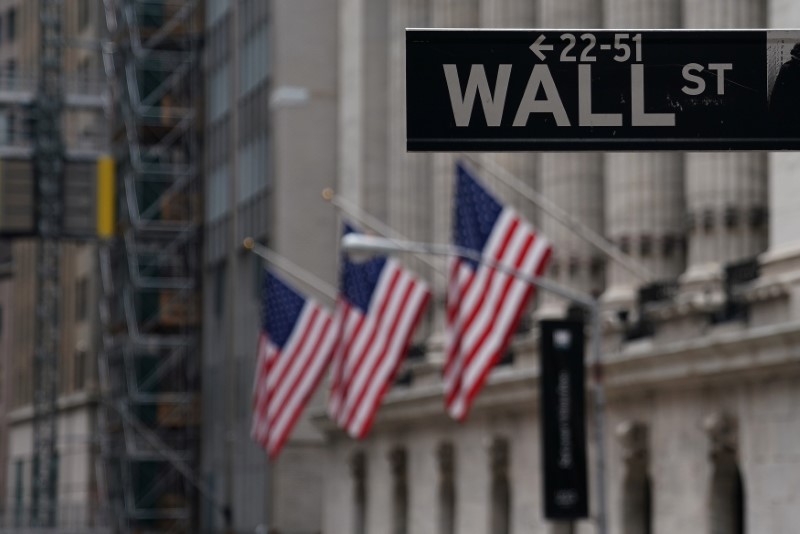By Rodrigo Campos
NEW YORK (Reuters) - U.S. President Donald Trump's warning to North Korea and Pyongyang's threat of possible armed retaliation drove investors out of stocks and other risky assets on Wednesday and into textbook safe havens like gold and Treasuries.
Trump's remarks on Tuesday that North Korea would face "fire and fury like the world has never seen" weighed on Wall Street and drove up the VIX "fear gauge" (VIX), or the cost of protection against a drop in the S&P 500.
The VIX rose further on Wednesday, as far as 12.63, its highest in more than a month.
A spokesman for the Korean People's Army said in a statement on Wednesday it was "carefully examining" plans for a missile attack on the U.S. Pacific territory of Guam, which has a large U.S. military base.
"Geopolitics splashed cold water on the markets," said JJ Kinahan, chief strategist at TD Ameritrade.
"There's uncertainty and caution as investors nervously eye the next foreign policy moves."
The Dow Jones Industrial Average (DJI) fell 46.51 points, or 0.21 percent, to 22,038.83, the S&P 500 (SPX) lost 2.74 points, or 0.11 percent, to 2,472.18 and the Nasdaq Composite (IXIC) dropped 20.02 points, or 0.31 percent, to 6,350.44.
The pan-European FTSEurofirst 300 index (FTEU3) lost 0.77 percent and MSCI's gauge of stocks across the globe (MIWD00000PUS) shed 0.37 percent.
Emerging market stocks lost 1.08 percent. MSCI's broadest index of Asia-Pacific shares outside Japan (MIAPJ0000PUS) closed 0.68 percent lower, while Japan's Nikkei (N225) lost 1.29 percent.
FRANC RALLY
Traditional safe-haven currencies including the Swiss franc and Japanese yen rose against the U.S. dollar, while those from emerging markets slid.
"Obviously we are looking at the increased tensions between the U.S. and North Korea," said Brad Bechtel, managing director FX at Jefferies in New York.
"Tensions are still high and not going away at the moment. Safe havens are bid and markets are a little uneasy."
South Korea's won
The Swiss franc reversed a two-week losing streak, rising 1 percent versus the greenback at 0.96 per dollar.
The dollar index (DXY) fell 0.05 percent, with the euro
The Japanese yen strengthened 0.24 percent versus the greenback at 110.04 per dollar. Japan is the world's biggest creditor country and there is an assumption investors there will repatriate funds in a crisis.
Sterling
The Swiss franc was on track for its biggest daily gain against the euro since the Swiss National Bank removed its cap on the currency in January 2015. It was last up 1 percent at 1.133 per euro (EURCHF=).
Yields on core government debt fell.
Benchmark U.S. 10-year notes (US10YT=RR) were last up 15/32 in price to yield 2.2281 percent, from 2.282 percent late on Tuesday.
The 30-year Treasury bond (US30YT=RR) rose 40/32 in price to yield 2.8062 percent, from 2.867 percent late on Tuesday.
"The most visible impact of escalating verbal threats between North Korea and President Trump comes at the long end of the U.S. Treasury curve," said Jim Vogel, interest rates strategist at FTN Financial in Memphis.
Oil prices edged higher after a report showed U.S. refineries processed record amounts of crude in the latest week, eating into inventories, although a surprise jump in gasoline stockpiles limited gains.
U.S. crude
Gold hit its highest in almost two months after Trump added to the geopolitical anxiety by boasting of the strength of the U.S. nuclear arsenal.
Spot gold
Copper
